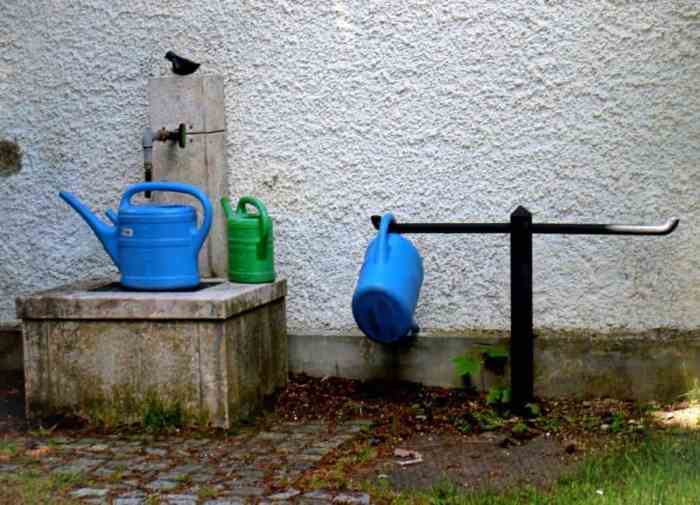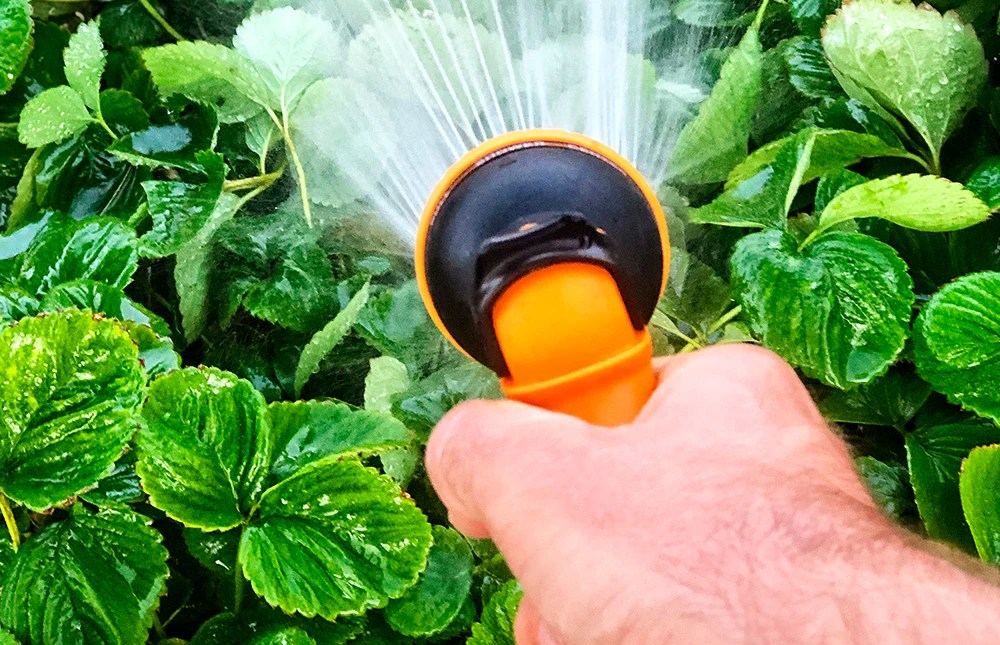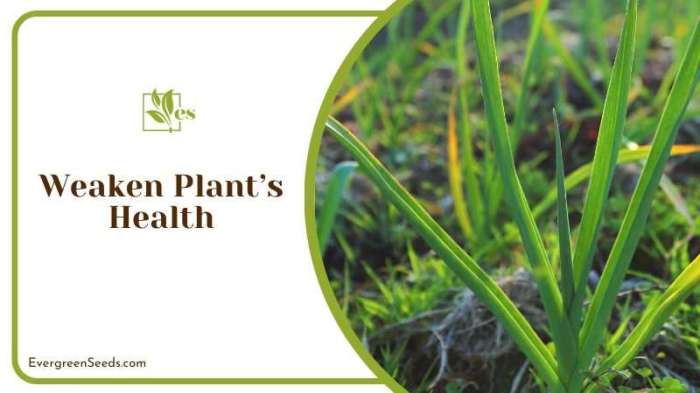Will Water Softener Kill Plants?
Water Softener Salt and its Impact on Plants: Will Water Softener Kill Plants

Source: gardeningmentor.com
Will water softener kill plants – Water softeners, while beneficial for household plumbing, can inadvertently affect the health of plants if not managed carefully. Understanding the composition of water softener salt and its effects on soil and plants is crucial for maintaining a thriving garden or indoor plant collection.
Water Softener Salt Composition and Plant Effects, Will water softener kill plants

Source: swanhose.com
Typical water softener salt primarily consists of sodium chloride (NaCl), commonly known as table salt. High concentrations of sodium and chloride ions disrupt the delicate balance within plant cells. These ions interfere with water uptake, leading to osmotic stress where water is drawn out of the plant cells, causing wilting and dehydration. Furthermore, excessive salt accumulation can hinder nutrient absorption, leading to nutrient deficiencies and stunted growth.
The severity of the impact varies depending on the salt concentration, plant species, and soil type.
The high salt content in softened water can indeed harm plants, leading to root burn and wilting. Proper watering techniques are crucial to avoid this, so understanding how to correctly hydrate your plants is key; for helpful advice, check out this guide on how to water potted plants. Therefore, while softened water might seem convenient, consider its potential impact on your plants’ health before using it for irrigation.
Different plants exhibit varying levels of tolerance to salt stress. Salt-tolerant species have developed mechanisms to cope with high salt concentrations, while sensitive species are more susceptible to damage. For example, succulents generally tolerate higher salt concentrations than ferns.
| Plant Name | Sodium Tolerance | Chloride Tolerance | Notes |
|---|---|---|---|
| Spider Plant (Chlorophytum comosum) | Moderate | Moderate | Tolerates some softened water, but regular flushing is recommended. |
| Snake Plant (Sansevieria trifasciata) | High | High | Relatively tolerant to high salt concentrations. |
| Fern (various species) | Low | Low | Highly sensitive to salt buildup; avoid using softened water. |
| Peace Lily (Spathiphyllum) | Low to Moderate | Low to Moderate | Requires careful monitoring and regular flushing. |
Water Softener Discharge and Soil Conditions
The discharge from water softeners, containing concentrated salt solutions, can significantly alter soil properties. The introduction of large amounts of sodium can increase soil pH, making it more alkaline. This shift in pH affects the availability of essential nutrients, potentially leading to deficiencies. Clay soils tend to retain salts more readily than sandy soils, increasing the risk of salt buildup in clay-based potting mixes.
Good soil drainage is vital for mitigating salt accumulation; well-drained soil allows excess salts to leach out, reducing their negative impact on plants.
A controlled experiment could compare the growth of a common houseplant, such as a spider plant, in two groups: one watered with softened water and the other with untreated water. Growth parameters, such as height, leaf number, and overall health, could be measured over several weeks to assess the effects of softened water on plant growth.
Watering Practices and Plant Health
When using softened water for plants, it’s essential to adopt careful watering practices. Avoid overwatering, as this exacerbates salt buildup. Monitor plants closely for signs of salt damage, such as leaf tip burn, yellowing, or wilting. Adjust watering frequency based on plant type and soil conditions; well-drained soil may require more frequent watering than poorly drained soil. Regularly leaching excess salts from the soil is crucial.
This involves thoroughly watering the plant until excess water drains out, flushing away accumulated salts.
To flush salts from potted plants, follow these steps: 1. Water the plant thoroughly until water drains from the drainage holes. 2. Allow the pot to drain completely. 3.
Repeat this process several times over a period of a few days. 4. Monitor the plant for signs of improvement.
Alternative Watering Solutions

Source: evergreenseeds.com
Untreated water, rainwater, or distilled water are viable alternatives to softened water for plants. Rainwater is generally a good option, being naturally soft and free of added salts. Distilled water is pure water without minerals, making it suitable for sensitive plants but potentially lacking essential nutrients in the long term. Plants particularly sensitive to softened water, such as ferns and African violets, benefit from being watered with untreated or rainwater.
Improving soil drainage by using well-draining potting mixes or amending heavy clay soils can help prevent salt accumulation.
A simple irrigation system could involve using a soaker hose or drip irrigation system to deliver water directly to the soil, avoiding direct contact of leaves with softened water, which can increase the likelihood of salt damage.
Visual Representation of Salt Damage
Salt stress manifests visually in various ways. Leaves may exhibit browning or yellowing at the tips and edges, progressing inward. Stems may appear stunted and brittle. Roots, crucial for water and nutrient uptake, become damaged and unable to function properly. Imagine a plant where the leaves are curled and brittle at the edges, exhibiting a scorched appearance.
The lower leaves may be yellowed and dropping prematurely. The roots, if examined, would be stunted and brown, lacking the healthy white or light-colored tips indicative of vigorous growth. The overall plant is significantly smaller and less vigorous than healthy counterparts.
Commonly Asked Questions
Can I use softened water on all plants?
No. Some plants are more sensitive to salt than others. Cacti and succulents, for example, generally tolerate higher salt concentrations better than many other plants.
How often should I flush the soil of potted plants?
The frequency depends on the plant and soil type but generally, flushing every few months is a good preventative measure. Observe your plants for signs of salt buildup to guide your flushing schedule.
What are the signs of salt buildup in soil?
White crusty deposits on the soil surface are a clear indicator. You may also notice a decline in plant health, such as wilting, leaf burn, or stunted growth.
Is rainwater a good alternative to softened water?
Yes, rainwater is generally an excellent choice for watering plants as it’s naturally low in salts and minerals.




















